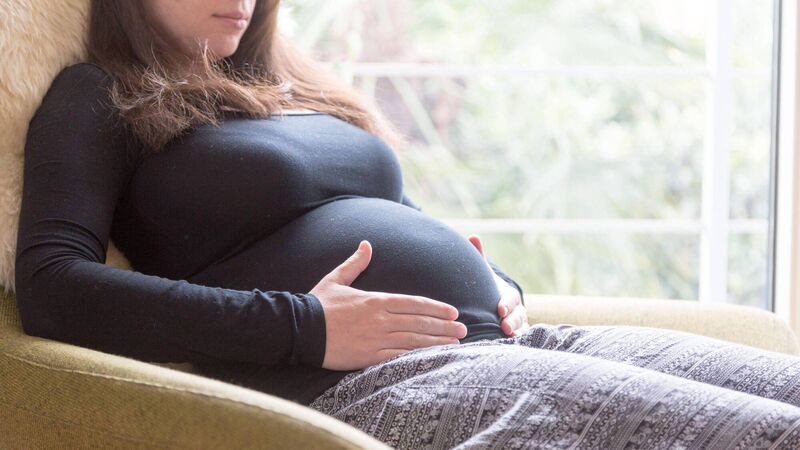8 things every parent should know about GBS

As the most common cause of infection in newborns, GBS can lead to serious conditions including meningitis, sepsis and pneumonia.
GROUP B streptococcus (GBS) is the most common cause of life-threatening infection in newborn babies, and it can kill within hours.
The charity Group B Strep Support (GBSS) says an average of two babies develop a GBS infection every day in the UK, and while most recover, one baby dies as a result of the infection each week, and one baby a week survives with life-changing disabilities.
GBSS says around two to four out of every 10 women in the UK will carry group B strep in their rectum, vagina, or intestines, although most of them won’t experience any symptoms. However, if a woman’s pregnant, group B Strep can affect her baby around the time of birth.
Speaking to mark July’s Group B Strep Awareness Month, GBSS chief executive Jane Plumb, who set up the charity in 1996 with her husband Robert after their son, Theo, died from GBS infection aged 17 hours, stresses that raising awareness of Group B Strep can save babies’ lives and minimise the heartache the illness often causes.
“Group B strep is the most common cause of severe infection, including sepsis and meningitis, in newborn babies, yet people are not routinely told about it during pregnancy. This isn’t good enough,” she says.
Here’s what all parents-to-be and new parents should know about GBS…
1. It can cause meningitis, sepsis and pneumonia
As the most common cause of infection in newborns, Plumb says GBS, and can lead to serious conditions including meningitis, sepsis and pneumonia.
“Group B strep awareness is a matter of life and death,” says Plumb. “By shining a spotlight on this silent infection, we can save precious lives and spare families from unnecessary heartache.”
2. GBS infections can be prevented in babies
Most GBS infections in newborn babies can be prevented, says Plumb, by identifying women with risk factors.
“One of the risk factors is carrying the bacteria during pregnancy,” she says, “and then intravenous antibiotics can be offered during labour to minimise the risk of the baby developing a group B strep infection.”
3. A mother carrying GBS doesn’t necessarily mean her baby will be infected
GBSS says around 20-25% of women carry GBS in their vagina and/or lower intestines, but if a woman is carrying GBS when she gives birth, the risk of her baby developing early-onset GBS infection is about one in 400 if antibiotics aren’t given in labour, or around one in 4,000 if antibiotics are given.
4. It’s not just newborn babies that get GBS infections
Although most GBS infections develop in the first two days of life, they can develop later, though they are rare after the age of three months, says Plumb.
“Knowing the key signs is vital – every family needs to know about GBS,” she stresses.
5. Most women who carry GBS don’t have symptoms
GBS carriage isn’t associated with symptoms, says Plumb, so most people who carry the bacteria won’t show any signs of it.
6. Antibiotics may be given to some women during labour
If GBS is detected in a woman during pregnancy, or if she’s previously had a baby affected by GBS, she should be offered antibiotics in labour to reduce the risk of the baby being infected.
7. There’s no routine GBS testing
It’s not routinely tested for during pregnancy. But some hospitals may offer you a rapid test if your labour needs to be induced or if your waters have broken, according to HSE.ie
Plumb says: “The evidence shows clearly that antenatal testing is better than a risk-factor strategy for preventing GBS infection in newborn babies. The USA, Canada, Hong Kong and most of Europe all do testing.
8. Pregnant women can be tested privately
Pregnant women can be tested privately for GBS. Always seek professional medical advice.
For more https://www2.hse.ie/conditions/group-b-strep/







 App?
App?


